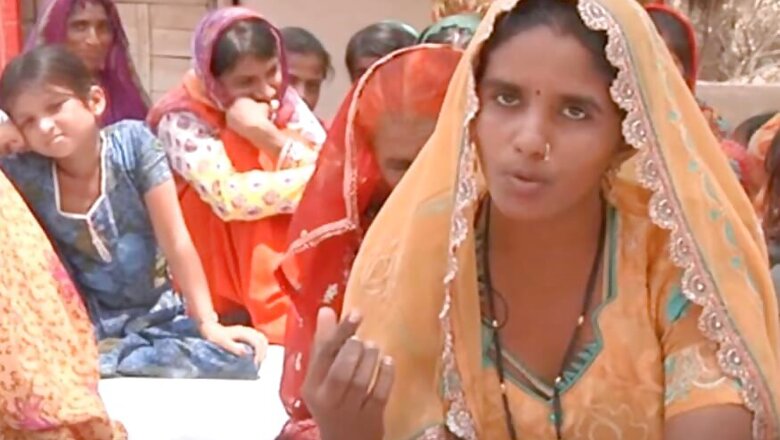
views
New Delhi: A Hindu woman is set to create history in Pakistan by contesting the provincial assembly elections scheduled for July 25.
Sunita Parmar, 31, a resident of Pakistan’s Sindh province, is contesting as an independent candidate for the Sindh assembly constituency (PS-56) from Tharpakar district.
Tharparkar district in the Thar Desert is one of the country’s most backward constituencies and voters here often complain of lack of schools, roads and water.
Over 50 per cent of its 1,52,000 registered voters in Thar district belong to the Hindu community, the highest in Pakistan, according to local authority data.
Parmar, a member of the Scheduled Caste, belongs to the Meghwar community. Citing lack of development in the region as her main reason behind contesting the polls, she told the Associated Press (AP): “It has been very difficult and I have had to work very hard. In this, I have been greatly supported by the women of my area. I am doing this to get us out of the clutches of the elite class system. The middle-class people of Thar are tired of voting for these elite lords. It is my heartfelt desire to free us all of the elite class systems and improve our lives.”
Parmar added that she would work for the betterment of people, especially women in the region. “In rural areas, people face a lot of difficulties during labour. There are no roads so it is very difficult to find transportation. Quite often, women have died in route due to labour complications. There are many such problems,” she was quoted as saying by AP.
The 31-year-old said if elected, she would open a maternity hospital that caters to two to three villages as well as introduce a bill on education.
Parmar often heads on her campaign trail with a ‘matka’ (pot) balanced on her head, which shows her connection to the lives of the people she wants to represent. “The ‘matka’ is my election symbol. It’s called ‘garah’ in Sindhi language. The women get really happy when they see my election symbol. They say it is extremely memorable as the water jug is on their head nearly the whole day. They also tell me that they are tired of voting for the elite families as they have not done anything for the area,” said Parmar.
The 31-year-old also has the support of locals in the area, who feel she can put forth their issues and seek a resolution.
Malika Bai, a resident of a village that falls under Tharpakar assembly constituency, said, “We don’t have schools. We don’t have water. We have to pull out water from wells that are hundreds of feet deep and they are also running dry. There is no road that leads to our village. We have nothing,” reported AP. Malika added that she would vote for Parmar. “Her election symbol resonates with my voters in these rural villages,” she said.
For Parmar, the fight is not just political but also against the centuries-old caste divisions, traditional prejudices and a class system where the elite have wielded power.












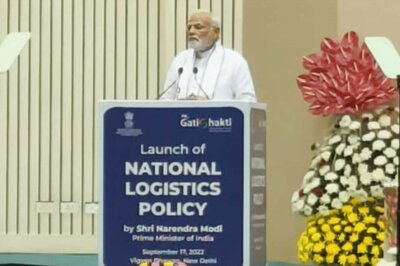

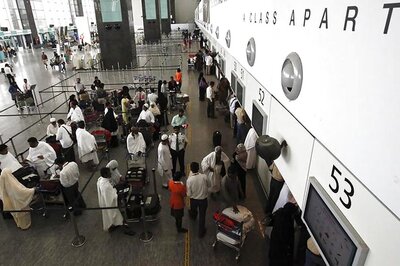
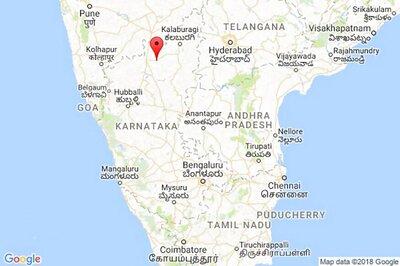
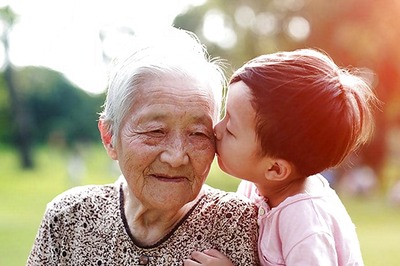


Comments
0 comment